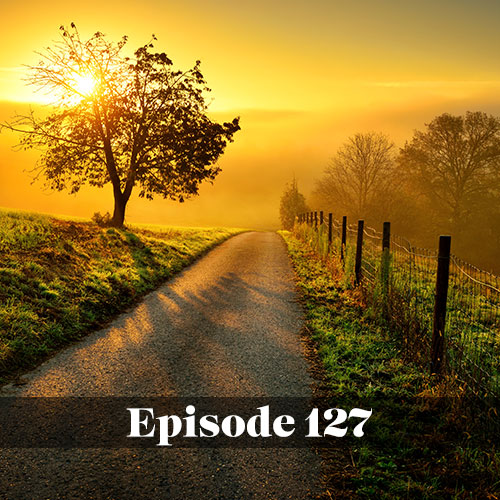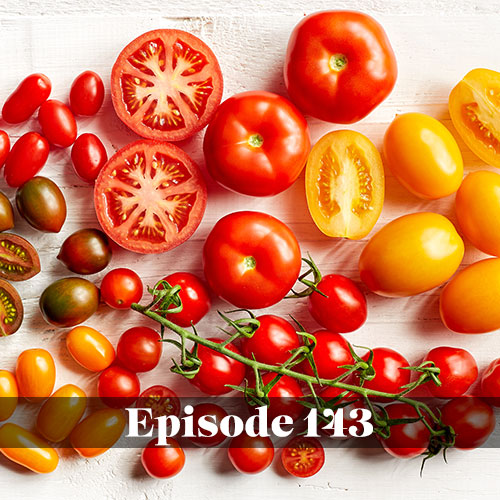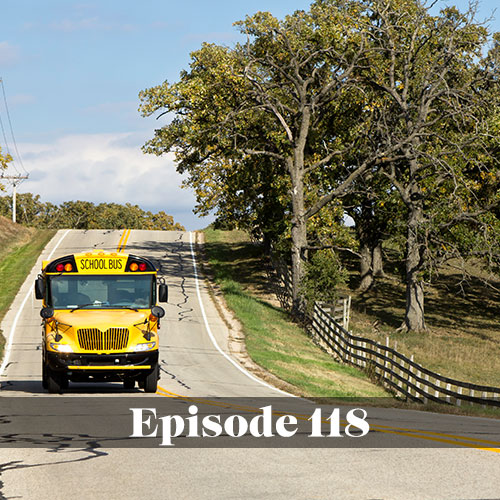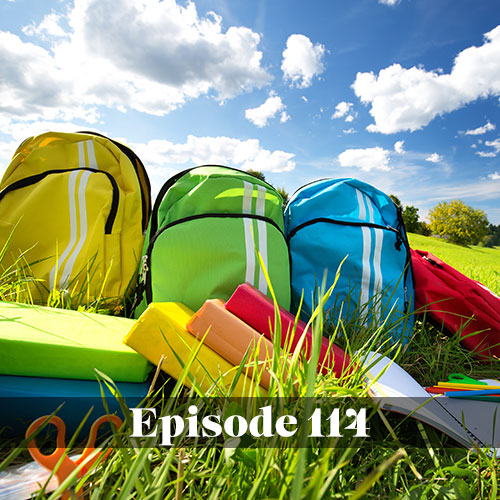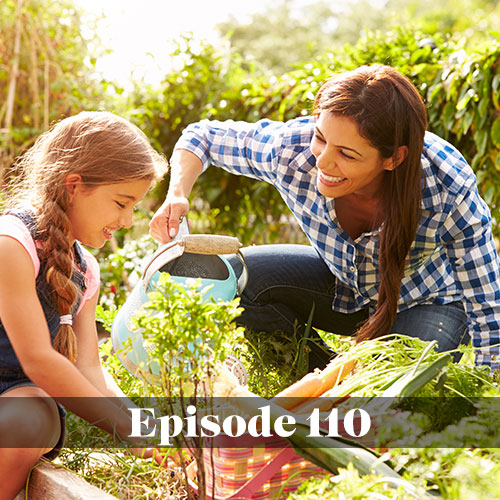In this episode, host Joel Gagne speaks with John White, former Deputy Assistant Secretary for Rural Outreach at the U.S. Department of Education, about how rural schools must tell their stories—or someone else will.
They discuss the fact that young people are moving to cities, making it tougher for rural communities to keep up.
“In rural places where they are suffering from brain drain—where young people are leaving and the population is dwindling—it is so important to tell those young people about the opportunities around them that they may not be aware of,” John says. “But, also, we need to tell the story of rural schools and rural communities broadly so that people will know what the advantages are, and people will want to come there. And that’s starting to pick up a little bit.”
Joel asks about how less wealthy rural districts are supposed to manage with relatively few resources.
“A story has the power to move people,” John says. “So if we want to tell people why they should stay in their community and make a difference, we have to illustrate that. We have to use every means possible.”
John describes the storytelling process.
“You’ll see in a lot of places that are doing well, they’re using video to tell a story,” he says. “And instead of me telling the story, or you telling the story, it’s the students. It’s the young people who want to reinvent their community and their economy. And they have brilliant ideas and innovative ideas.”
John provides specific examples of a Purdue graduate returning to a farming town and Kentucky’s embrace of drone technology.
“But if we don’t share those stories and show people the best practices that are happening around the country, then we’re leaving them in isolation and things will continue,” John says.
Joel and John talk about recruiting teachers to rural areas by showing them they’re making a real difference.
In Colorado, John says, there are districts that invite teachers in for long weekends.
“Those are the innovative ways that rural schools are attracting teachers, is showing them with experiences—not just expecting them to apply online and come for an interview,” he says. “But actually, come and see and feel what the community is like. And then you’ll hook them.”
Joel asks about the ways to attract families to rural schools. John talks about TheHoller.org and how eastern Kentucky tells stories about the innovative things students are doing. Students are learning marketable skills such as tiny homebuilding.
School districts are even able to overcome bad raps through communication, which is just another reason why rural schools must tell their stories.
“But if we don’t tell the story about how they turned themselves around, then other people can’t learn about it and replicate those practices,” John says. “So I think that is another great area for storytelling.”
John talks about another program in Kentucky, through a U.S. Department of Education grant, in which they look beyond test scores, working together to identify three adults that are impactful on a student’s life and ensuring there is wrap-around support in place.
One other important piece, John says, is that rural districts may not embrace the partners around them, whether community colleges or family farms. It’s important to connect students with career pathways.
Many rural districts don’t have disposable income but they do have talent. They should get students involved and allow them to tell their stories through video, through social media and e-newsletters. The students can produce information to keep parents and business partners and community foundations informed.
“To not just tell them, but to show them what it looks like when a child succeeds,” John says.
John talks about resources for rural schools, including the National Rural Education Association, The Rural School and Community Trust and the U.S. Department of Agriculture, which actually builds and remodels schools.
Closing out the episode, John recommends the book Hollowing Out the Middle: the Rural Brain Drain and What It Means For America, by Patrick J. Carr and Maria J. Kefalas.
Got a question or topic you’d like covered in an upcoming We Love Schools podcast? Email us at info@weloveschoolspodcast.com
First time listening to We Love Schools? Learn more about our weekly podcast.
Interested in learning more about how the Allerton Hill Communications team can help your school with communications? Contact us today.


